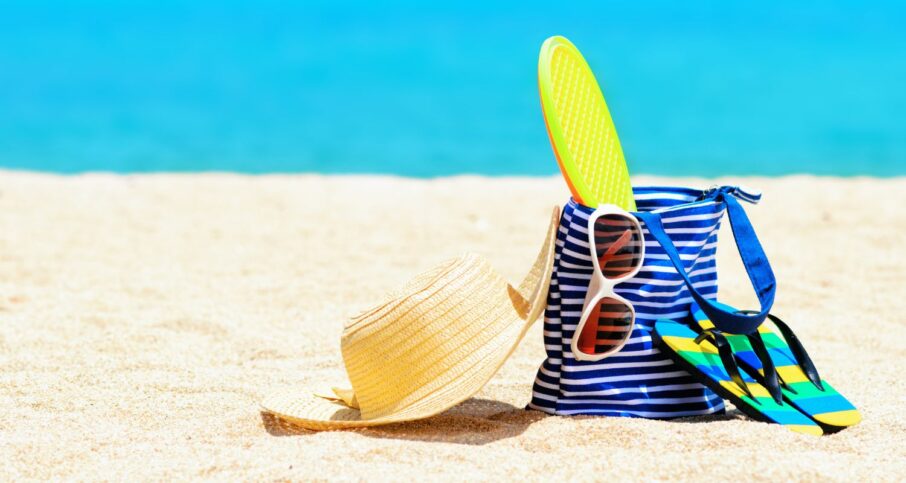Hearing aids are delicate pieces of technology that extreme temperatures can damage. Winter can wreak havoc on your hearing aids, but hot weather can do it too!
Your hearing aid device may suffer in many ways during the summer months, which can be hot and dry one day and humid and full of sudden thunderstorms the next. Condensation can build up in hearing aids when we transition from the frigid temperatures of winter to the warmer spring and summer temperatures, causing harm. Moisture can wreak havoc on the electronic components that make hearing aids function. Batteries and other components can short out and corrode.
Of course, damage to your hearing aid means that your hearing abilities will be harmed! Hearing aids that have been damaged can have shorter battery life and shut down unexpectedly. Damaged devices’ sound quality can be distorted, weak, or garbled.
Hearing Aid Recommendations
Whatever the warm weather throws at you. Few hearing aids are waterproof or water-resistant. However, you can do a few things to keep your hearing aid in good working order.
Watch out for humidity.
Humidity is one of the biggest threats to your hearing aids. If you’re not careful, humidity can cause problems like:
- Static electricity that can damage your hearing aids
- Corrosion on metal parts of your hearing aids (which can make them stop working properly)
- Rust on metal parts of your hearing aids (which can cause permanent damage)
Store them in cool places
Ensure your hearing aids are stored in a clean container and kept cool and dry. Hearing aids can be severely damaged by heat. So please don’t leave them in your car while you run errands or on top of a sun-exposed counter or table. It’s easy to lose track of where you put your hearing aids, especially if you don’t keep them in a container or a designated area where you can find them. When you take out your hearing aids, please keep them in the same spot.
Don’t wear them for all activities
When you’re exercising, take off your hearing aids. This may seem self-evident, yet we often become so accustomed to hearing aids that we forget they are even present. Especially in the summer, exercising just means that your hearing aids have more opportunity to accumulate moisture. As a result, it’s critical to take them off before you start sweating excessively.
Protect them from sunscreen
Apply sunscreen to your hands before putting on your hearing aids, and then wash them off before removing them. Sunscreen oils might get into the tiny crevices of your hearing aid device. This might cause clogs that are more difficult to remove than, for example, water or sweat. You can restrict your device’s exposure to potentially damaging things like sunscreen lotion if you consider when and where you enter and remove them.
Act fast when you need to
If your hearing aid is damaged by moisture or debris such as sand, you may do a few things to prevent further damage. Of course, gently dry the device with a cloth. Alternatively, you can use a hairdryer on the fantastic setting (never on warm or hot settings, as this can further damage a hearing aid).
You can also get a dehumidifier to help you dry out your gadget if it has been exposed to excess moisture. Whatever you do, make sure you take your hearing aid to a professional. They must be seen as quickly as possible.
Maintenance in warm weather
To avoid costly damage, you may find yourself paying more attention to your hearing aid care throughout the warmer months. The advantages of doing so far outweigh the risk of making a careless mistake that could cause long-term harm.
Come to us for routine maintenance before the summer season begins and as the season’s change in the fall. No matter the weather, you and your hearing health specialist will ensure a long life for your hearing aid and help you continue to enjoy a better quality of life.


